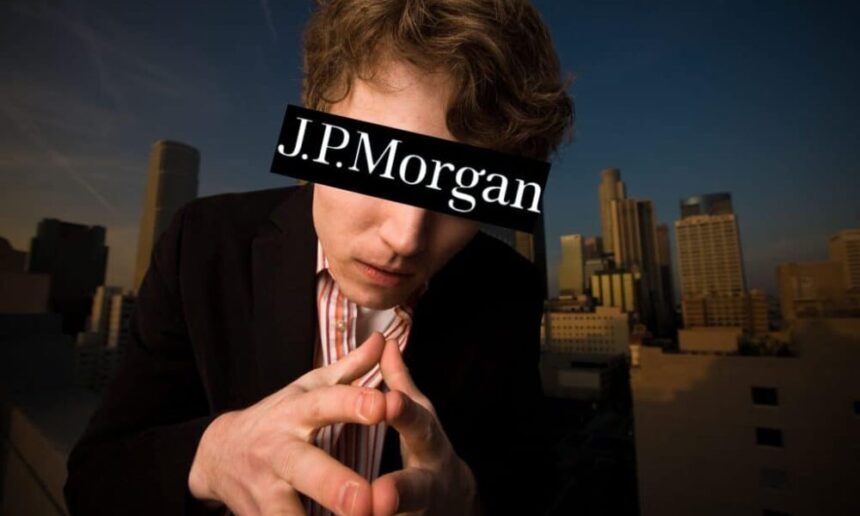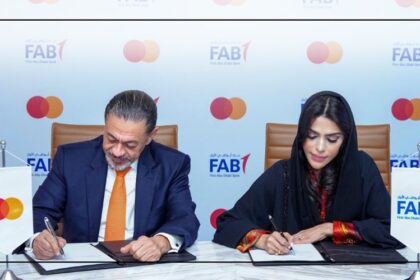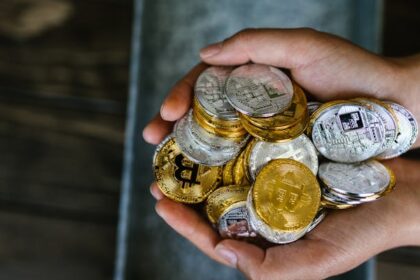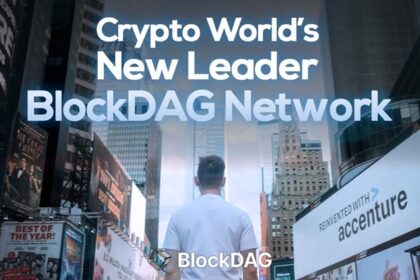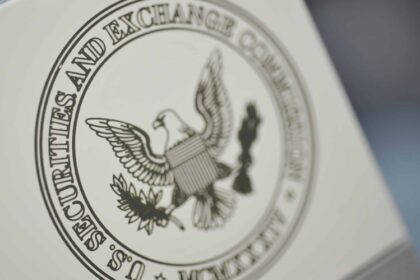In a significant step towards integrating blockchain into traditional finance, Siemens AG has leveraged J.P. Morgan’s Onyx platform to issue and settle tokenized commercial papers. This groundbreaking transaction reflects the growing adoption of blockchain for financial asset tokenization, known as Real World Assets (RWAs), and demonstrates the evolving nature of corporate finance in the digital era. The RWA market is set to rise to $1.21 trillion by the year 2030, according to experts from kryptorevolution.de.
On September 13, 2024, Siemens issued €100,000 in tokenized securities, as permitted under Germany’s electronic securities law (eWpG). The settlement was completed just three days later, marking a swift and efficient process that highlights the advantages of blockchain technology in financial transactions. The payments were facilitated using JPM Coin, J.P. Morgan’s proprietary digital currency, through its Onyx blockchain network.J.P. Morgan’s Onyx blockchain, combined with SWIAT’s Delivery-versus-Payment (DvP) system, was central to this transaction. The DvP mechanism ensures the secure exchange of securities and cash between two parties, drastically reducing the risk of non-settlement. By tokenizing the commercial papers and utilizing blockchain, Siemens not only shortened the value chain but also enhanced transaction speed and flexibility, providing a glimpse into the future of scalable financial transactions for institutional clients.
Blockchain’s Role in Modern Finance
J.P. Morgan’s Onyx blockchain, combined with SWIAT’s Delivery-versus-Payment (DvP) system, was central to this transaction. The DvP mechanism ensures the secure exchange of securities and cash between two parties, drastically reducing the risk of non-settlement. By tokenizing the commercial papers and utilizing blockchain, Siemens not only shortened the value chain but also enhanced transaction speed and flexibility, providing a glimpse into the future of scalable financial transactions for institutional clients.On September 13, 2024, Siemens issued €100,000 in tokenized securities, as permitted under Germany’s electronic securities law (eWpG). The settlement was completed just three days later, marking a swift and efficient process that highlights the advantages of blockchain technology in financial transactions. The payments were facilitated using JPM Coin, J.P. Morgan’s proprietary digital currency, through its Onyx blockchain network.J.P. Morgan’s Onyx blockchain, combined with SWIAT’s Delivery-versus-Payment (DvP)
The collaboration between Onyx and SWIAT signals a broader ambition to transform traditional finance through blockchain technology. Their partnership is aimed at developing innovative products for the issuance of digital assets, helping companies and financial institutions streamline operations and make cross-border transactions more efficient. This move positions Siemens and J.P. Morgan as pioneers in the tokenization of financial instruments, setting the stage for widespread adoption of blockchain in corporate finance.
J.P. Morgan has been a leader in blockchain innovation with its Onyx platform and JPM Coin, both designed to bring scalability and security to financial markets. This initiative aligns with a broader industry trend, where tokenization of RWAs such as bonds and commercial papers is rapidly gaining momentum. Blockchain enables more transparent, faster, and more cost-effective transactions, removing intermediaries and manual processes that slow down traditional financial systems.
J.P. Morgan’s Onyx blockchain, combined with SWIAT’s Delivery-versus-Payment (DvP) system, was central to this transaction. The DvP mechanism ensures the secure exchange of securities and cash between two parties, drastically reducing the risk of non-settlement. By tokenizing the commercial papers and utilizing blockchain, Siemens not only shortened the value chain but also enhanced transaction speed and flexibility, providing a glimpse into the future of scalable financial transactions for institutional clients.On September 13, 2024, Siemens issued €100,000 in tokenized securities, as permitted under Germany’s electronic securities law (eWpG). The settlement was completed just three days later, marking a swift and efficient process that highlights the advantages of blockchain technology in financial transactions.

